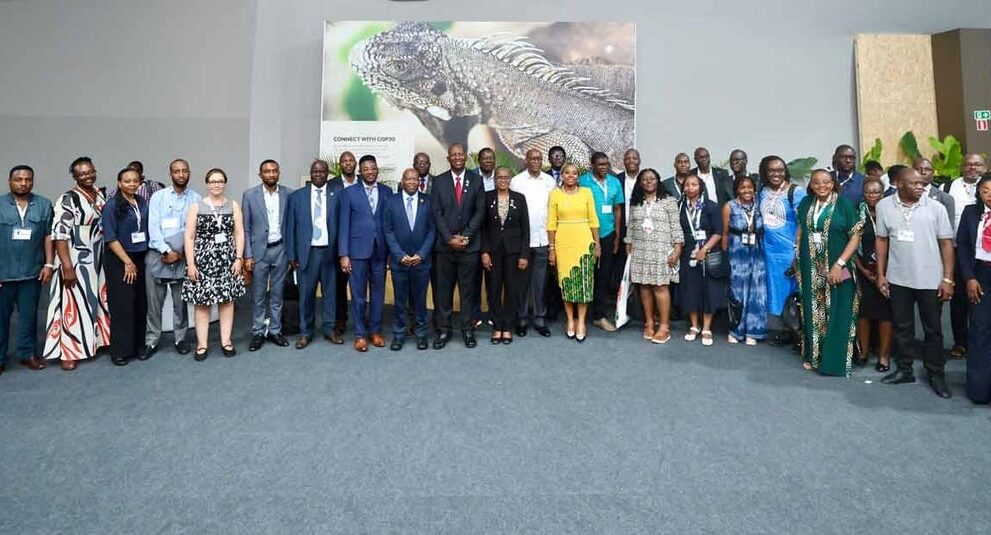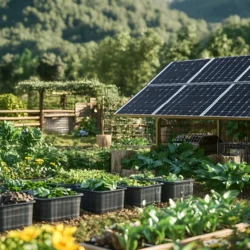COP30, hosted in Belém, Brazil, was optimistically branded the “Delivery COP”, intended to translate protracted promises into decisive, transformative climate action. For the African continent, facing a climate crisis of immense severity—where unseasonal weather, heightened food insecurity, and displacement threaten to shave up to 15% off annual GDP growth for several nations—the stakes could not have been higher. However, while the summit saw significant diplomatic commitments, the debate rages on whether this outcome truly delivers the commensurate justice and financing required for a continent that contributes just 4% of global greenhouse-gas emissions yet bears the harshest consequences.
Africa’s negotiating posture was dramatically hardened by a landmark ruling: the International Court of Justice’s (ICJ) Advisory Opinion on 20 July 2025. This declaration established that states have binding obligations under international law to protect climate systems, collaborate with vulnerable nations, and provide essential finance and technology to address loss, damage, and adaptation. African negotiators leveraged this ruling, moving the discussion of financial assistance from an appeal for charity to a demand for legal reparations. As political analyst Kim Heller notes, this is a profound shift: “The West can no longer dismiss responsible climate action and accountability as acts of charity. Historical accountability and reparations are now legal imperatives.”
The African Union’s Economic, Social and Cultural Council (ECOSOCC) tabled a bold framework, demanding that the COP29 target of at least $300 billion per year from developed countries to developing nations by 2035 be treated as a minimum floor, subject to upward adjustments. COP30 responded with a significant commitment: adopting the $300 billion as a base and setting a concrete, if ambitious, Baku–Belém plan to scale up to **$1.3 trillion annually by 2035**. Crucially, African delegates pushed for a tripling of adaptation finance, which currently sits below $30 billion annually, far short of the estimated $215–387 billion required. While this tripling was not achieved, COP30 did commit to doubling adaptation finance to $60 billion, with the significant win being the commitment to deliver this funding as development grants—not disabling loans—thereby addressing Africa’s paralysingly high debt burden.
On the critical issue of Loss and Damage, a key ECOSOCC proposal to transform the underfunded mechanism into a formal, permanent structure funded by wealthy nations and levies on fossil fuels, aviation, and shipping was agreed upon. However, the perennial concern over the adequacy of funding remains, with the current pledges of around $700 million falling vastly short of the need. While there were no concrete outcomes on historical reparations, the issue was formally inscribed in the COP records. This, combined with the ICJ ruling, provides the African Union with a powerful new legal tool to wield in advancing climate justice before the next scheduled COP in 2027. Africa is not merely waiting, with countries like Malawi, Kenya, and Ethiopia investing in their own climate resilience, but fundamental change still hinges on ending fossil-fuel dependency and securing financial justice for a crisis not of its making.




